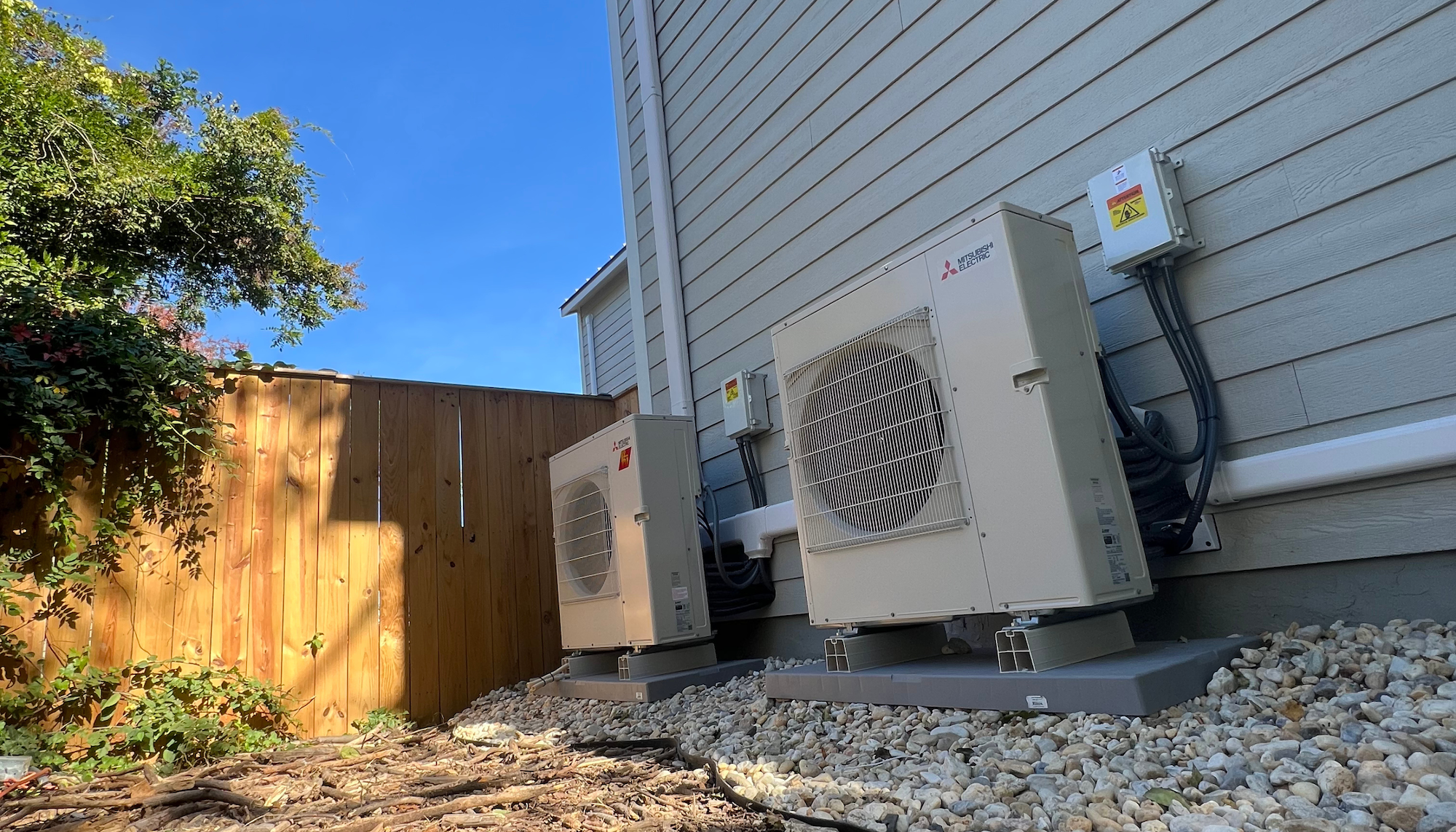
Replacing your heating and cooling system is expensive. There’s no getting around it.
But if your HVAC system is inefficient, the cost of not replacing it could be higher than the cost of installing a new one.
Here’s why.
Inefficient HVAC Systems Cost More to Run
When we talk about HVAC system efficiency, we’re talking about the amount of energy the system uses to heat or cool your home. Inefficient HVAC systems use more energy, which drives up your utility bills.
There are a few things that can make your HVAC system inefficient:
- Age: All HVAC systems—even the most energy efficient options—lose efficiency as they get older.
- Design: If your furnace or air conditioner is too big for your home, it will use more energy than necessary. This is why sizing is so important when you’re buying a new HVAC system.
- Neglected maintenance: Forgetting to clean filters and skipping tune-ups can hurt your HVAC system’s energy efficiency.
Your energy bills should only increase if you start using more energy or your rate goes up. If your bills are higher than they used to be, but you haven’t changed your habits and your rate is the same, it might be time to start thinking about installing a new HVAC system.
Poor Efficiency Usually Means Poor Performance
An inefficient heating and cooling system isn’t just more expensive to run - it can also cost you in comfort. Inefficient systems tend to have performance issues, which impacts how well they can heat and cool your home.
If you’re struggling with comfort problems like a hot second floor in the summer, high indoor humidity, or inconsistent heating/cooling between rooms, call Total Home Performance.
We look at your entire house, not just your HVAC system, to find the root cause of comfort and performance issues so you can make the most effective and affordable improvements.
Repair Costs Add Up Fast
An inefficient HVAC system has to work harder to heat and cool your home, which means it will wear down faster. That can lead to breakdowns and expensive repairs.
If your heating and cooling systems are constantly breaking down, you’re probably spending a lot of money on repairs. Those costs add up fast—sometimes to the point where you would have spent less on an HVAC replacement.
The general rule of thumb is: if a repair is going to cost more than half the price of a new system, you’re better off replacing it, especially if the system is 10+ years old.
Be Careful: Your HVAC System Isn’t Always the Problem!
Sometimes, what looks like a problem with your HVAC system is actually an issue relating to a lack of insulation.
A poorly insulated and air sealed house can’t hold heat in or block it out effectively, which hurts comfort, makes your HVAC system work harder, and drives up your energy bills.
If insulation is the problem, replacing your HVAC system won’t help. Many HVAC companies are only focused on heating and cooling and don’t consider all the angles before recommending a full system replacement.
At Total Home Performance, we take a whole-home approach. Our technicians don’t just stop at your HVAC system when diagnosing energy efficiency issues. We look at everything to find out what’s really causing the problem so we can recommend the best solution.